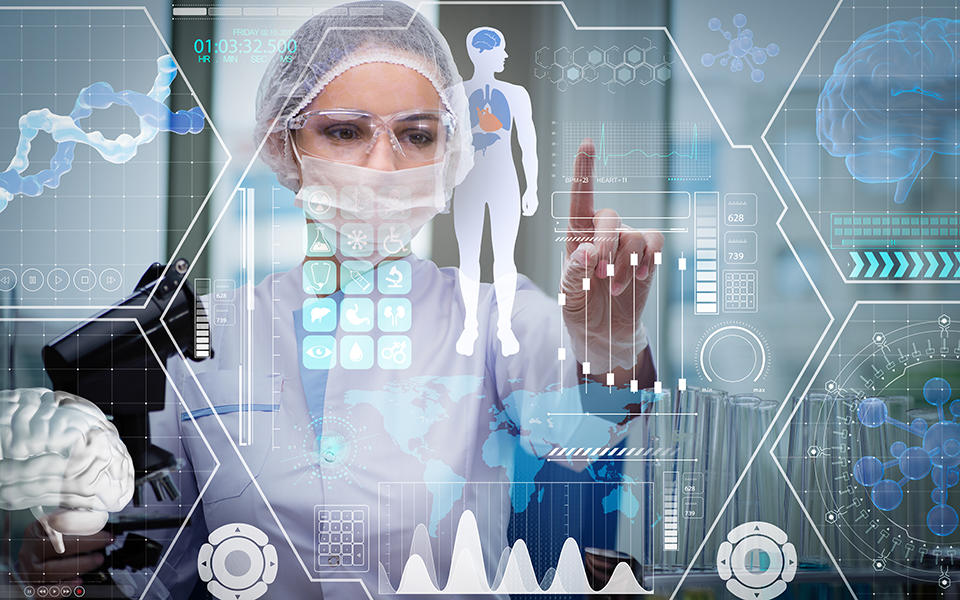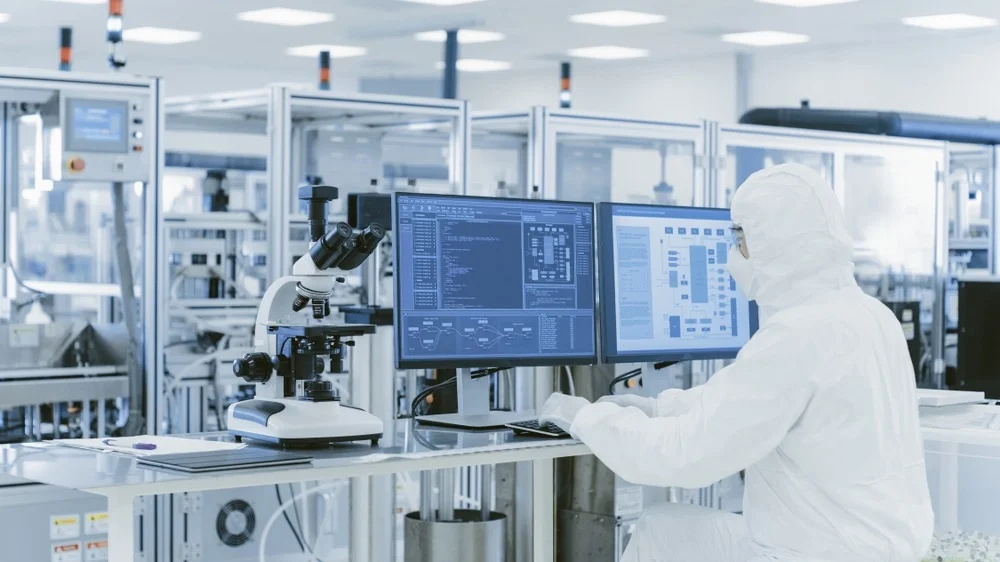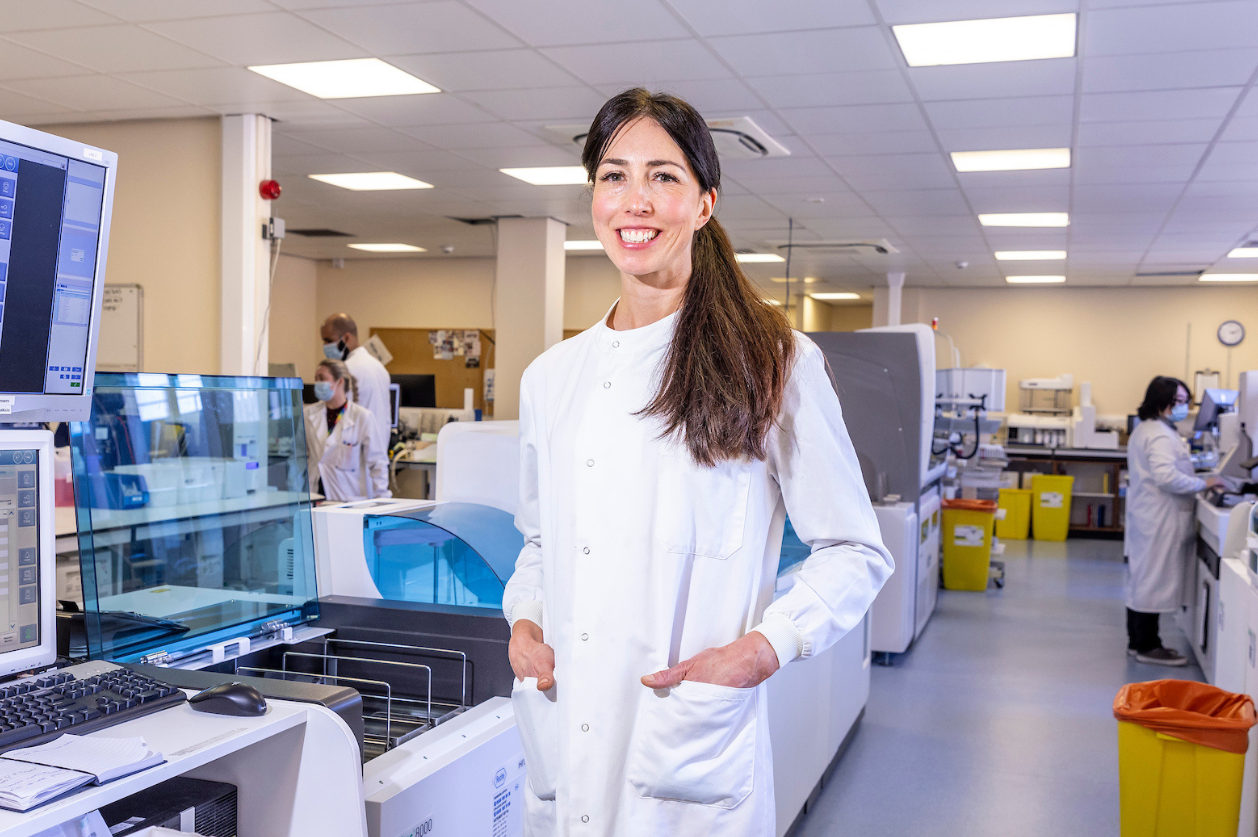Biomedical science stands at the cutting edge of innovation, driving the future of healthcare, diagnostics, and therapeutic technologies. As we progress through 2025, the field is witnessing unprecedented advancements that are reshaping our understanding of diseases, human biology, and medical interventions.
Whether you are a researcher, medical student, healthcare professional, or simply a science enthusiast, staying updated with the latest biomedical science developments is essential. This comprehensive article highlights the most significant biomedical science updates of 2025, covering innovations in gene therapy, artificial intelligence, regenerative medicine, personalized healthcare, infectious disease research, and beyond.
Gene Therapy: Moving From Experimental to Standard Practice
Gene therapy has transitioned from theoretical potential to clinical reality in recent years. In 2025, we are seeing a rapid expansion in gene-editing applications thanks to technologies like CRISPR-Cas9, base editing, and prime editing. These tools are enabling precise, targeted modifications to the genome with greater efficiency and fewer side effects.
Major Updates:
- CRISPR-based treatments for sickle cell disease and thalassemia have received regulatory approval in multiple countries, showing long-term remission results in clinical trials.
- Somatic cell gene editing is being used to treat metabolic disorders, including phenylketonuria (PKU) and Fabry disease.
- New delivery platforms, such as lipid nanoparticles and adeno-associated virus (AAV) vectors, have significantly improved targeting and reduced immunogenicity.
Gene therapy is poised to become a mainstay in modern medicine, offering hope to millions living with genetic conditions.
Artificial Intelligence in Biomedical Science: Smarter, Faster, More Accurate

AI has become a transformative force across all biomedical disciplines. By analyzing complex datasets—from genomic sequences to electronic health records—AI is enhancing diagnostic accuracy, speeding up drug discovery, and enabling precision medicine.
Key Developments in 2025:
- AI-driven drug discovery platforms have reduced development time by up to 60%, helping pharmaceutical companies launch new treatments for rare diseases.
- Machine learning algorithms are being used to predict patient responses to treatments in oncology, improving survival rates and reducing unnecessary side effects.
- AI-integrated diagnostic tools, including deep learning for radiology and pathology images, now assist clinicians with real-time decision-making, minimizing diagnostic errors.
With ongoing advances in natural language processing and machine vision, AI will continue to augment the capabilities of biomedical researchers and healthcare providers.
Regenerative Medicine: Healing from Within
Regenerative medicine focuses on repairing, replacing, or regenerating human cells, tissues, or organs to restore normal function. This field, which includes stem cell therapy, 3D bioprinting, and tissue engineering, is making headlines for its life-changing potential.
Notable Advances:
- 3D-printed organoids are now used for drug testing and disease modeling, offering safer and more ethical alternatives to animal testing.
- Clinical trials using mesenchymal stem cells (MSCs) have shown positive results in treating degenerative conditions like osteoarthritis and spinal cord injuries.
- Scientists have successfully engineered vascularized liver tissue and functional pancreatic islets, bringing us closer to lab-grown organs.
As regenerative medicine matures, it may dramatically reduce the need for organ transplants and lifelong immunosuppressive therapy.
Personalized Medicine: Customizing Care for Every Patient
The era of one-size-fits-all medicine is fading. With personalized medicine, treatments are tailored based on an individual’s genetic makeup, environment, and lifestyle. This approach leads to better outcomes, fewer side effects, and more efficient use of healthcare resources.
Emerging Trends:
- Whole genome sequencing is becoming more accessible and is being used to identify genetic predispositions to diseases such as cancer, diabetes, and heart conditions.
- Pharmacogenomics is guiding drug selection and dosage based on how a patient’s genes affect their response to medications.
- Wearable biosensors and mobile health apps are collecting continuous health data, enabling real-time feedback and proactive health management.
In 2025, the integration of personalized medicine with digital health is making healthcare more predictive, preventive, and precise.
Infectious Disease Innovations: Preparing for the Next Pandemic
In the post-COVID world, biomedical scientists are better equipped to respond to future outbreaks. Research in infectious diseases has accelerated, focusing on vaccine development, antiviral drugs, and rapid diagnostic tools.
Important Breakthroughs:
- Universal flu vaccines targeting conserved viral proteins have entered Phase III trials, potentially offering multi-year protection against multiple strains.
- mRNA technology, proven effective during the COVID-19 pandemic, is now being applied to fight other infectious diseases like Zika, malaria, and tuberculosis.
- Next-generation diagnostics, including CRISPR-based detection and breath-based viral testing, are providing faster, cheaper, and more accurate screening options.
Ongoing investment in infectious disease research is essential to protect global health and build more resilient healthcare systems.
Biomedical Devices and Nanotechnology: Innovation at the Micro and Nano Scale

Biomedical engineering has brought about smart implants, biosensors, and nanotechnology-enabled drug delivery systems that are enhancing patient care in remarkable ways.
What’s New:
- Implantable biosensors are being used to monitor glucose, oxygen, and electrolyte levels continuously in real-time.
- Nano-robots are in development for targeted drug delivery, especially for chemotherapy, minimizing damage to healthy tissues.
- Biocompatible smart materials are being tested for their ability to adapt to the body’s environment and support tissue regeneration.
These technologies are enabling precision interventions with minimal invasiveness, making treatments safer and more effective.
FAQ’s
1. What are the biggest trends in biomedical science in 2025?
The biggest trends include advancements in gene editing (like CRISPR and prime editing), AI-powered diagnostics, personalized medicine, 3D bioprinting in regenerative therapies, and mRNA vaccine applications beyond COVID-19. These innovations are shaping the future of healthcare.
2. How is artificial intelligence changing biomedical research?
AI is revolutionizing biomedical research by speeding up drug discovery, improving diagnostic accuracy, analyzing genomic data, and even predicting disease progression. It allows scientists to process complex data at unprecedented speed and scale.
3. What role does 3D bioprinting play in biomedical science?
3D bioprinting enables the creation of complex biological structures like tissues and organs using living cells. It’s being used for drug testing, regenerative medicine, and research into future organ transplants, reducing the need for animal models.
4. Can biomedical science help in preventing future pandemics?
Yes, biomedical science plays a critical role in pandemic preparedness through the development of rapid diagnostics, vaccine platforms like mRNA, and real-time surveillance tools powered by biosensors and AI. These tools can detect and respond to outbreaks faster than ever.
5. How is personalized medicine improving patient outcomes?
Personalized medicine uses genetic, lifestyle, and environmental data to tailor treatments for each individual. This approach leads to more accurate diagnoses, fewer adverse drug reactions, and better overall treatment effectiveness, especially in cancer and chronic disease management.
Conclusion: The Future of Biomedical Science Is Here
Biomedical science in 2025 is defined by innovation, collaboration, and rapid technological advancement. From genome editing and AI integration to regenerative medicine and pandemic preparedness, the field is transforming healthcare in ways we couldn’t have imagined a decade ago. As researchers continue to push boundaries, staying informed about biomedical science updates isn’t just important—it’s essential. These breakthroughs will shape the next generation of medical treatments and bring us closer to a future where healthcare is more precise, personalized, and preventative.





Leave a Reply